The Osteopathic Perspective: Comprehensive Obesity Medicine Treatment
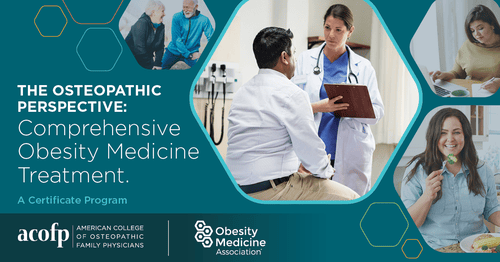
This nine-module course provides a comprehensive overview of the multidisciplinary management of obesity, recognizing it as a chronic and complex disease. Learners will gain foundational knowledge in medical, surgical, nutritional, behavioral, and physical activity interventions. Emphasis is placed on evidence-based strategies including metabolic surgery, pharmacotherapy, lifestyle modification, and shared decision-making. The course also explores the physiological, psychological, and social aspects of obesity, including adolescent care, sleep, and eating disorders. By the end, participants will be equipped to deliver patient-centered, individualized care through a holistic and integrated approach.
The nine modules consist of:
- Foundations of Obesity Medicine
- Clinical Assessment and Diagnosis
- Lifestyle Assessments
- Communication, Patient Engagement, and Ethics
- Treatment Planning and Guidelines
- Treatment Modalities in Obesity Management: Lifestyle
- Treatment Modalities in Obesity Management: Medical
- Systems Approach and Professional Development
- Pediatric Obesity
This professional development program offers a certificate of completion and CME/CE credits only and is not a certification. However, physicians who earn CME credits through the program may use those credits as GROUP ONE toward the requirement to sit for the American Board of Obesity Medicine (ABOM) certification exam. Modules will be released on a rolling basis through November 2025, and credit cannot be claimed until all Modules are released.
Target Audience
The target audience for the professional development program is current or future healthcare professionals interested in expanding their knowledge of using obesity medicine in a clinical care and practice setting. This course will also be of interest to those individuals who are involved with patient care, including but not limited to nurse practitioners, registered nurses, pharmacists, physician assistants, and licensed social workers.
Learning Objectives
- Relate the foundations and pathophysiology of obesity
- Conduct comprehensive assessments to inform individualized care
- Apply Evidence-based, multimodal treatment strategies
- Communicate effectively and ethically in obesity care
- Integrate systems-based practice and professional development
NOTICE: This physician professional development program offers CME credits only and is not a certification. However, physicians who earn CME credits through the program may use those credits as GROUP ONE toward the requirement to sit for the American Board of Obesity Medicine (ABOM) certification exam.
Nicholas Pennings, DO, MFOMA, FACOFP, FAAFP

Cate Varney, DO, FAAFP, FOMA, DABOM
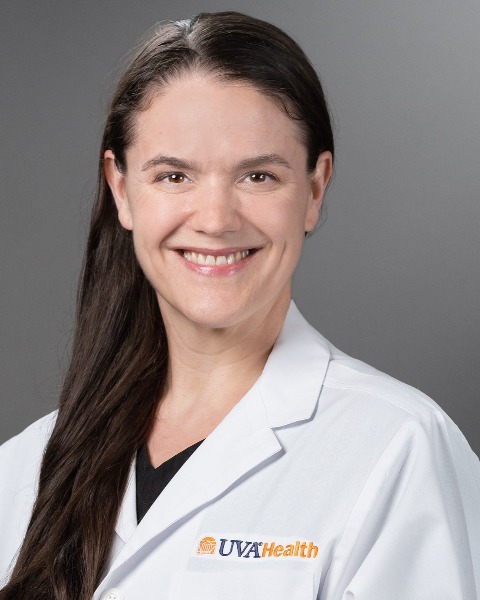
Valerie O'Hara, DO, FAAP, FOMA, DABOM
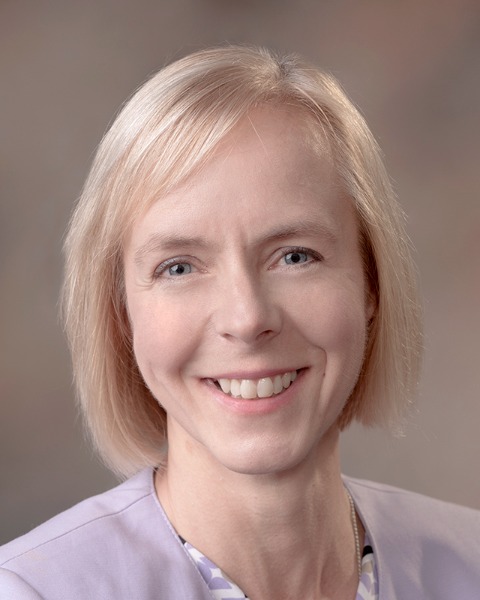
Bernadette Riley, DO, MS

Samantha Fanagan, DO
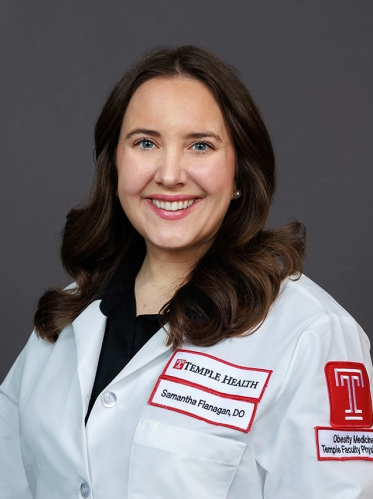
Kim Pfotenhauer, DO
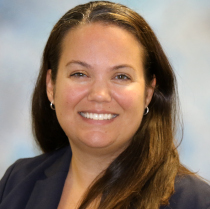
Please fill out the course survey if you would like to receive AOA credit. AOA credit for this course will be submitted through ACOFP on a monthly basis.
Available Credit
- 9.00 AMA PRA Category 1 Credit™The Obesity Medicine Association (OMA) is accredited by the Accreditation Council for Continuing Medical Education (ACCME) to provide continuing medical education for physicians.
The Obesity Medicine Association designates this Enduring activity for a maximum of 9.00 AMA PRA Category 1 Credit™. Physicians should claim only the commensurate amount with the extent of their participation in the activity.

 Facebook
Facebook X
X LinkedIn
LinkedIn Forward
Forward